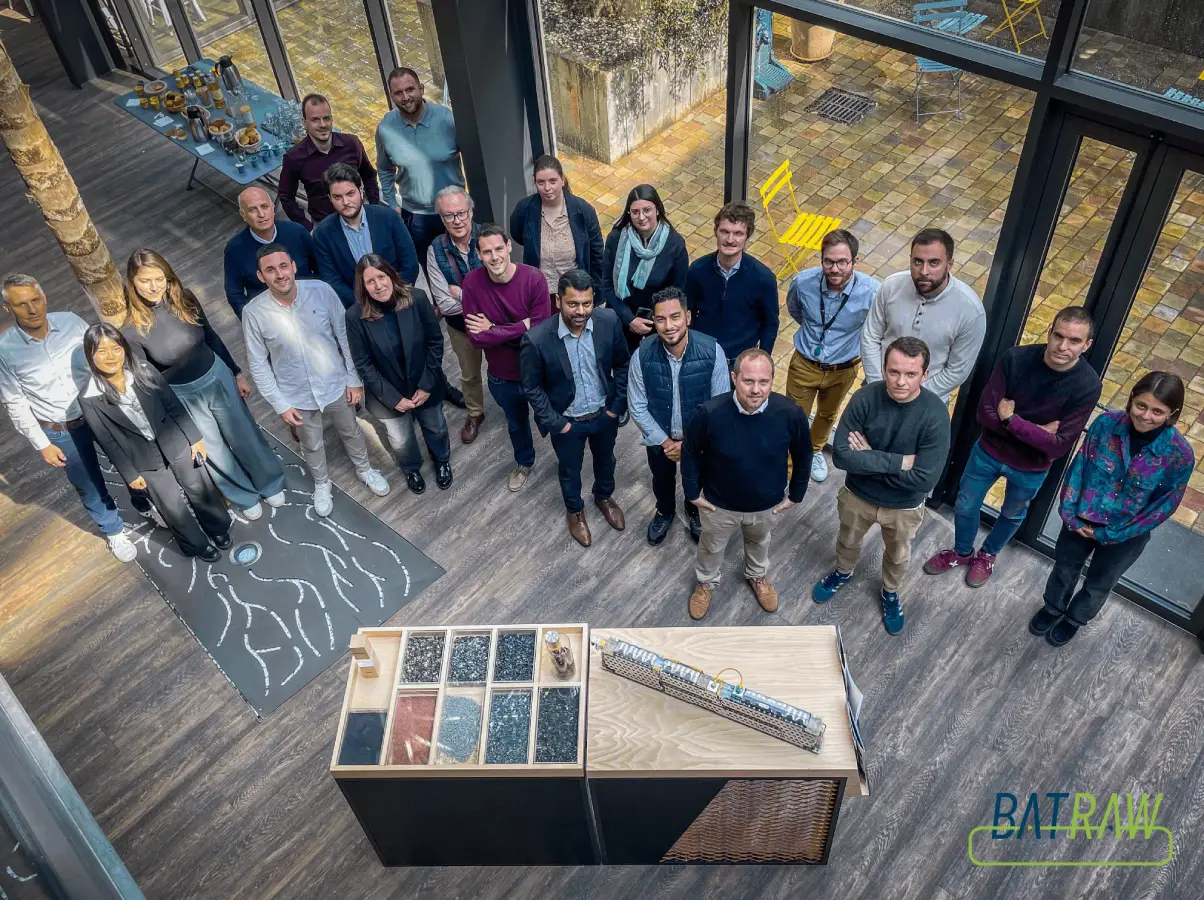
November ’24 contributions
In november, our partner, @Isle Utilities is exploring new business models to unlock the full potential of the #BATRAWproject, maximizing impact & driving progress toward a Circular Battery Future.

In november, our partner, @Isle Utilities is exploring new business models to unlock the full potential of the #BATRAWproject, maximizing impact & driving progress toward a Circular Battery Future.

This month, we will look at the recent advances of BeePlanet, our work package leader focused on battery disassembly, and Ford Otosan, whose team is working on a Life Cycle Assessment (LCA) of battery recycling options in Turkey.

During the last months, in the BATRAW project, TORRECID has synthetized at laboratory scale the best LMNO materials prepared starting from commercial precursor…

In this occasion we dedicate these lines to one of our French partners. Among other task actions, CEA-LITEN is working on the synthesis of cathode active material (CAM) for BATRAW project purposes.

In the last months, Fraunhofer IWKS has received sample materials from several partners. With these materials, the team at Fraunhofer IWKS has been working on a new sorting method to separate the black mass from the other fractions.

Last 9th May Recyclia/Ecopilas collaborated with EcoQuímica, KEMLER and Valdemoro firefighters’ team to organise a lithium battery safety event with the objective of raising awareness among people about the risks and the safety solutions of handling hazardous lithium batteries.

During the last period of the BATRAW project, TORRECID mainly has researched in the frame of WP6, the improvement of synthetized LNMOs active materials for cathodes starting from commercial and recycled precursors.

What an eventful week! 🤩 Our semi-annual General Assembly has taken place near Lyon on Wednesday and Thursday last week 📆😎Thanks @MTB for hosting it

CEPS leads the policy work of BATRAW and develops policy recommendations based on the project’s results to feed ongoing regulatory developments. In recent months, CEPS conducted dedicated research on the Digital Product Passport (DPP), which has received a lot of visibility in EU policy circles in the context of the Ecodesign for Sustainable Products Regulation (ESPR) and the EU Batteries Regulation.

This month’s contributions have grown too big for a single post! It is time to see what Recyclia and Ford Otosan have been up to lately!